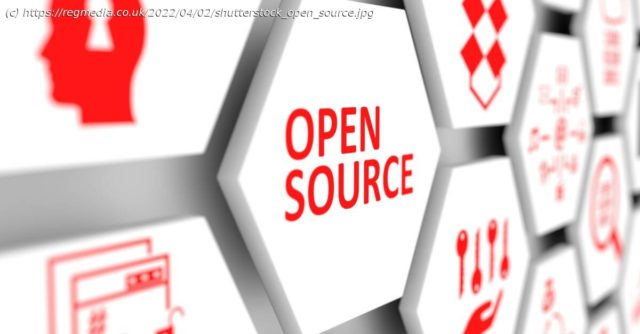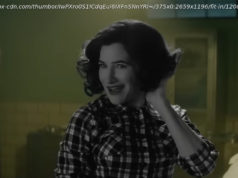If decision is upheld, this ‚could seriously harm FOSS and copyleft‘
A US federal district court decision in California favoring database biz Neoj4 is incorrect and imperils free open-source software, according to the Software Freedom Conservancy. Neo4j Enterprise Edition (EE) was at first offered under both a paid-for commercial license and for free under the GNU Affero General Public License, version 3 (AGPLv3). In May 2018, version 3.4 of the software was put under AGLv3 plus additional terms from the Commons Clause license, which is not an open-source license and explicitly says as much in its documentation. The viability of Neo4j’s AGPLv3+Commons Clause license is what’s at issue, because taken as a whole, the AGPLv3 includes language that says any added terms are removable. That view has been rejected in court – which accepts Neoj4’s right to craft custom terms and to resolve contradictions in those terms – and the Software Freedom Conservancy believes the court erred. As The Register reported last month, Neo4j and its Swedish subsidiary have been pursuing legal claims, filed in 2018 and 2019, against several companies that sold what was marketed as an open-source licensed version of Neo4j EE under the name ONgDB – allegedly in violation of terms in the concatenated AGPLv3+Commons Clause license and Neo4j’s trademarks. The Graph Foundation, one of the defendants, in February 2021 settled with Neo4j, agreeing that it would stop calling specific versions of ONgDB, forked from Neo4j EE, a „100 percent free and open source version“ of Neo4J EE. In May 2021, US District Court Judge Edward J. Davila, who is overseeing Neoj4’s case against PureThink and iGov – both run by John Mark Suhy to sell ONgDB – granted Neo4j’s motion for partial summary judgment [ PDF]. The ruling declared the defendants could not infringe Neo4j’s trademark and could not claim that ONgDB is open source software. In effect, the district court said you can’t call non-open-source software open source. The defendants, PureThink and iGov, challenged that ruling – the case continues to be litigated – though in February the US Court of Appeals for the Ninth Circuit affirmed the district court’s decision specifically with regard to the lower court’s partial summary judgment, including the point about only calling open-source software open source. The Open Source Initiative, which oversees the Open Source Definition and the licenses based on the OSD, applauded the appeals court decision. So too did Bruce Perens, who created the Open Source Definition in 1997. Both welcomed the court’s acknowledgement that it’s false advertising to claim a license is open source when it’s not.






